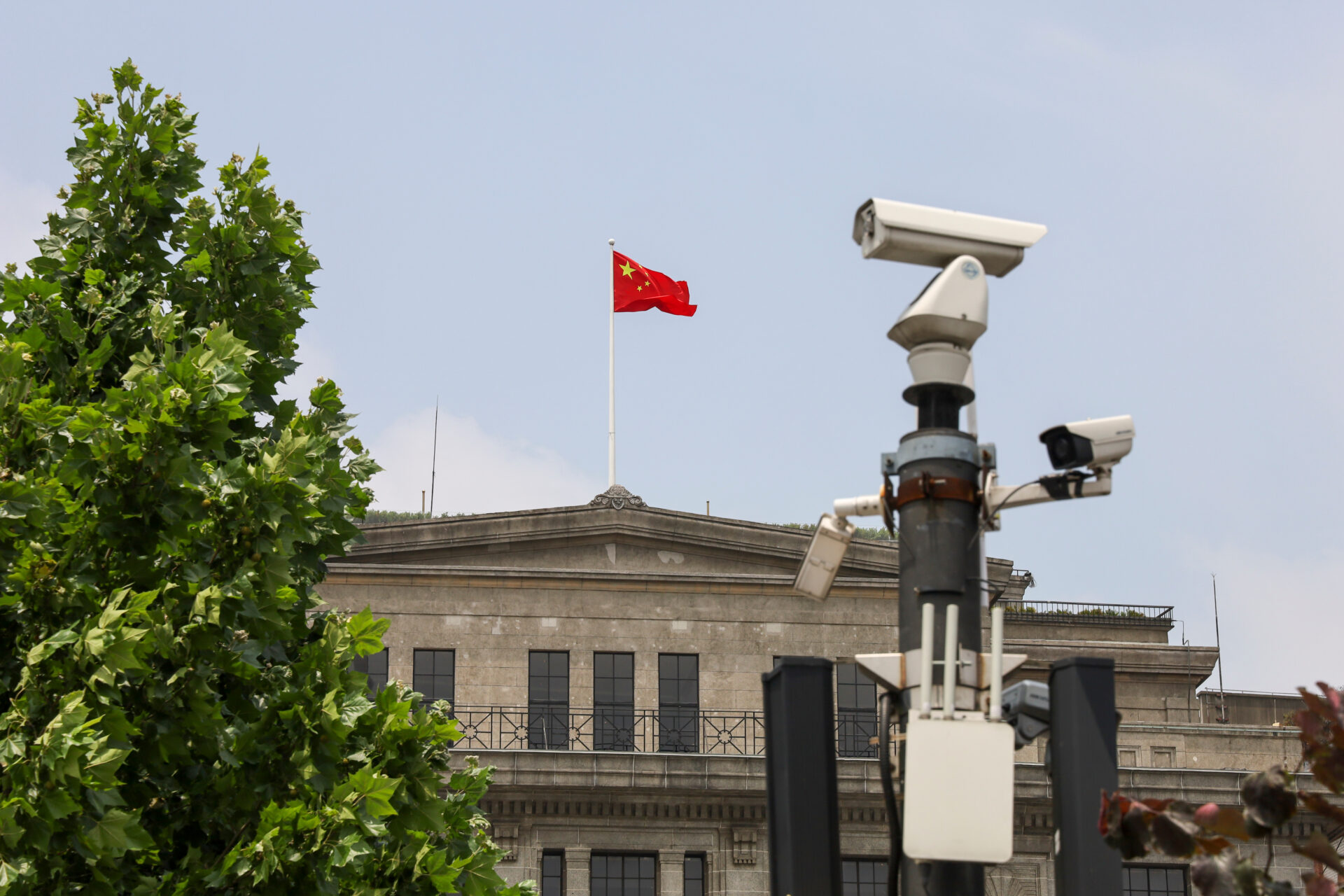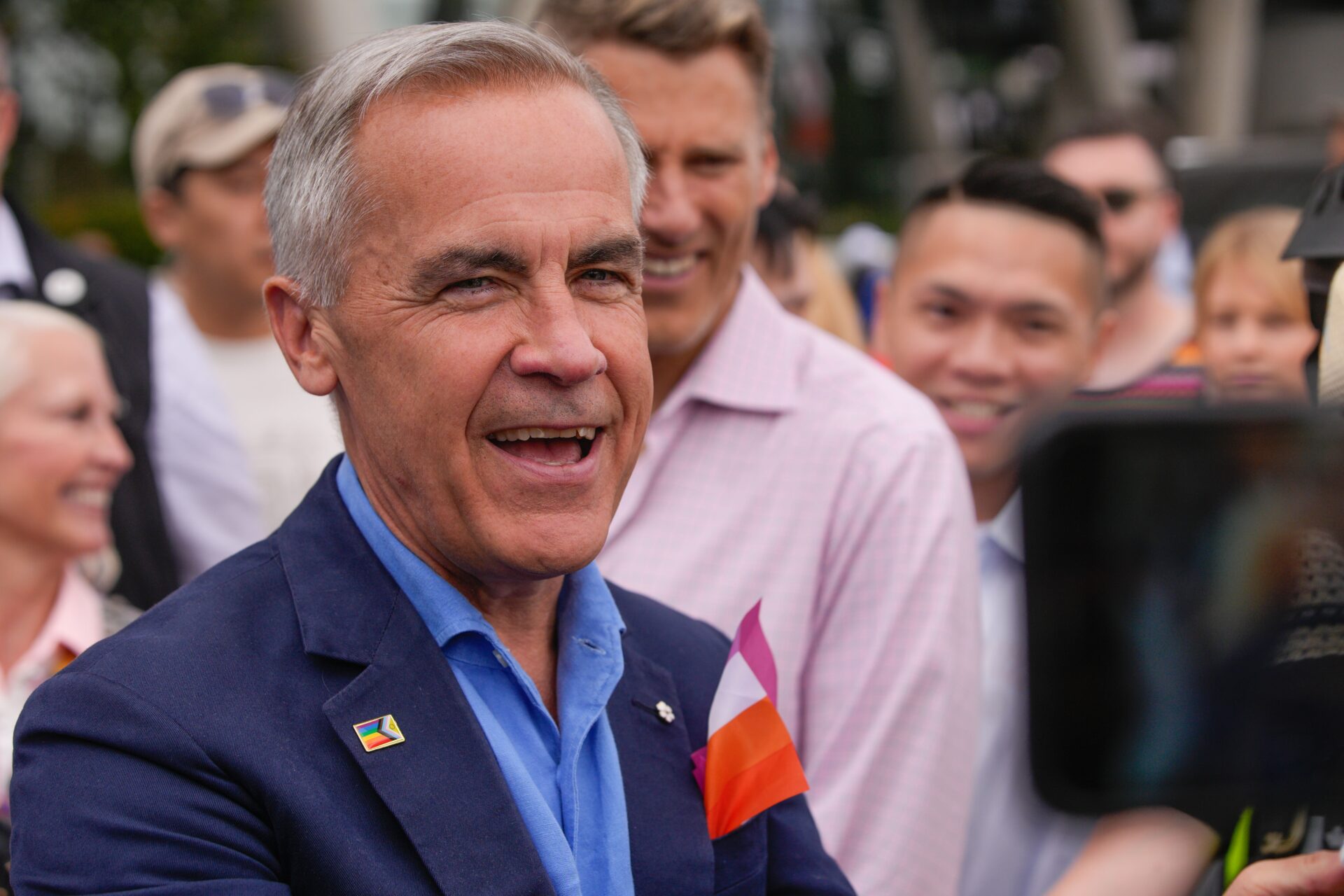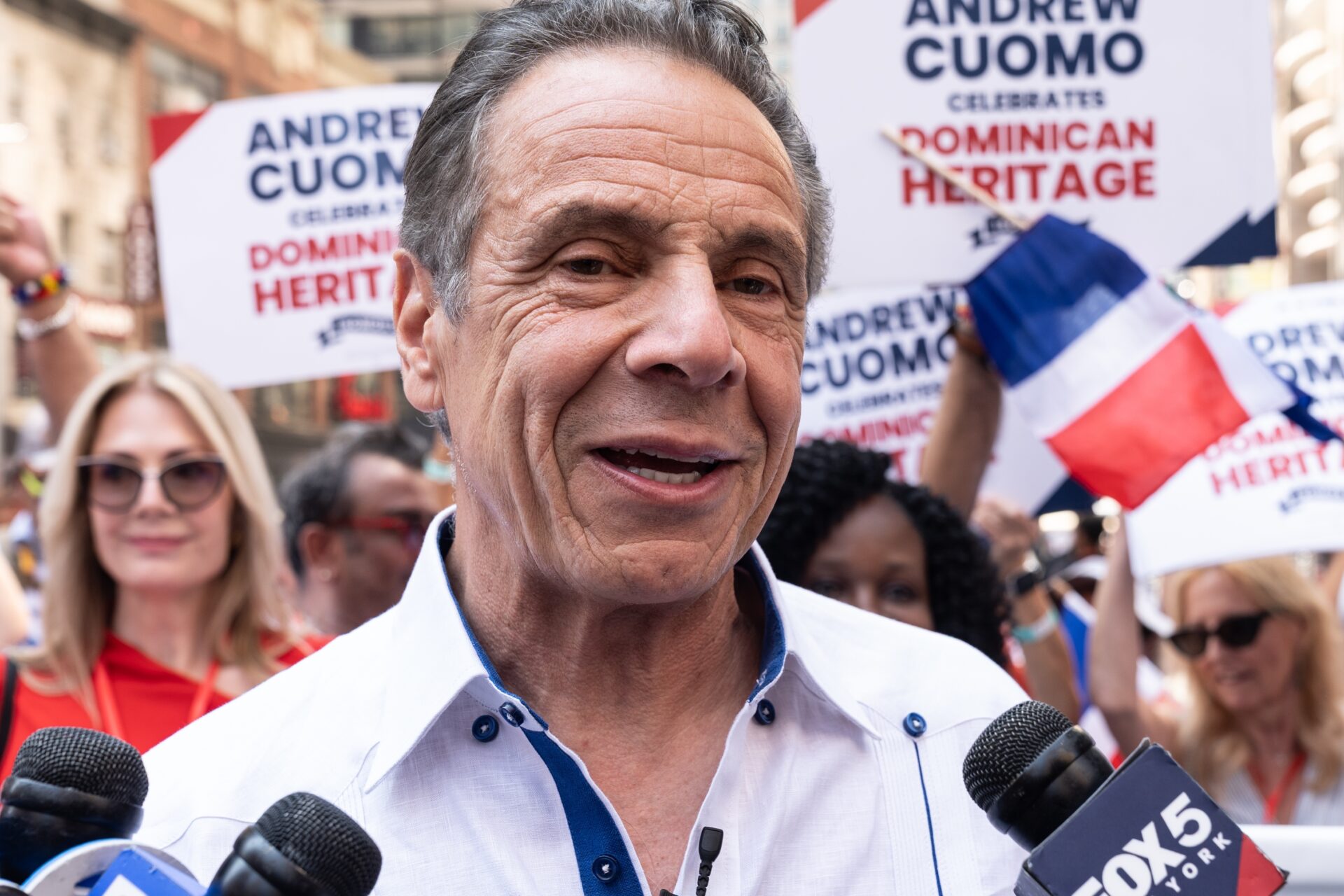
$400M Chinese Trade Scam BUSTED!
U.S. Customs and Border Protection has uncovered the largest duty-evasion operation in U.S. history, recovering over $400 million in unpaid tariffs and reshaping the future of trade enforcement.
At a Glance
- CBP dismantled a $400 million tariff-evasion network involving 23 Chinese shell companies
- Fraudulent import routes passed through South Korea, Indonesia, Taiwan, and Vietnam
- The One Big Beautiful Bill Act expanded CBP’s enforcement tools and funding
- DOJ and CBP jointly launched new civil and criminal investigations under EAPA
- Industry groups support the crackdown amid rising trade compliance risks
Unmasking the Evasion Network
The U.S. government has executed its most significant trade enforcement action to date, exposing a vast network of duty evasion involving 23 Chinese shell companies and intermediaries in multiple Asian nations. CBP agents, leveraging new authorities granted under the One Big Beautiful Bill Act (OBBB Act), conducted targeted inspections of supposed production sites in Taiwan and Indonesia. Many of these facilities were found to be dormant or nonexistent, providing critical evidence of fraudulent transshipment intended to dodge tariffs imposed under Trump-era trade policy.
Watch now: CBP Exposes Historic $400M Tariff Fraud · YouTube
This case, the largest ever executed under the Enforce and Protect Act (EAPA), focused on key goods often subject to high tariffs, including chemicals, electronics, and mattresses. CBP’s use of field audits and advanced analytics allowed it to trace the evasion tactics to origin fraud and misclassified documentation. With investigations ongoing, enforcement officials anticipate recovering even greater sums and penalizing additional importers and brokers.
Enforcement Machinery Ramps Up
The July 4 signing of the OBBB Act significantly enhanced federal trade enforcement capabilities, enabling CBP and the Department of Justice (DOJ) to expand operations. DOJ’s newly launched Market, Government, Consumer Fraud Unit now works in tandem with CBP on joint investigations, targeting both civil and criminal violations linked to fraudulent imports.
In the first six months of 2025 alone, CBP issued over 1,400 trade penalties, already surpassing figures from previous years. Officials say the crackdown is designed to create deterrence by showing that supply chain misconduct carries tangible, costly consequences. CBP Commissioner Rodney Scott emphasized that this enforcement model will continue as the agency scales up personnel and technology under new funding provisions.
Policy Impacts and Industry Reactions
Industry associations like the American Fair Trade Council applauded the move, claiming that such robust enforcement protects domestic producers from unlawful competition. Restitution from recovered tariffs is also expected to bolster federal revenue streams for national defense and infrastructure programs. Meanwhile, implicated foreign firms may face bans from U.S. markets, forcing a reconfiguration of global sourcing practices.
Some legal experts caution that the rapid escalation in enforcement could ensnare legitimate importers lacking updated compliance systems. Trade attorneys are advising clients to conduct internal audits and verify documentation chains, warning of steep fines and potential litigation. The scale of the fraud also signals growing sophistication among violators, prompting calls for broader international cooperation and data sharing.
The Road Ahead for U.S. Trade Integrity
The Trump administration’s return has reanimated protectionist trade policy, with a sharp focus on ensuring that imports do not undercut U.S. laws or industry. While the crackdown has created friction with some Asian trade partners, administration officials maintain that the priority is ensuring legal and economic security within U.S. borders. The use of direct inspections, AI-enabled data tracking, and criminal referrals represents a comprehensive shift in trade enforcement.
As CBP continues to process leads and evidence from the $400 million case, more arrests, penalties, and legislative measures are expected. This campaign not only reshapes enforcement but also signals a permanent change in how U.S. trade policy will confront fraud in a globalized economy.
Sources
CBP
Department of Justice
Reuters
National Law Review
Heritage Foundation


